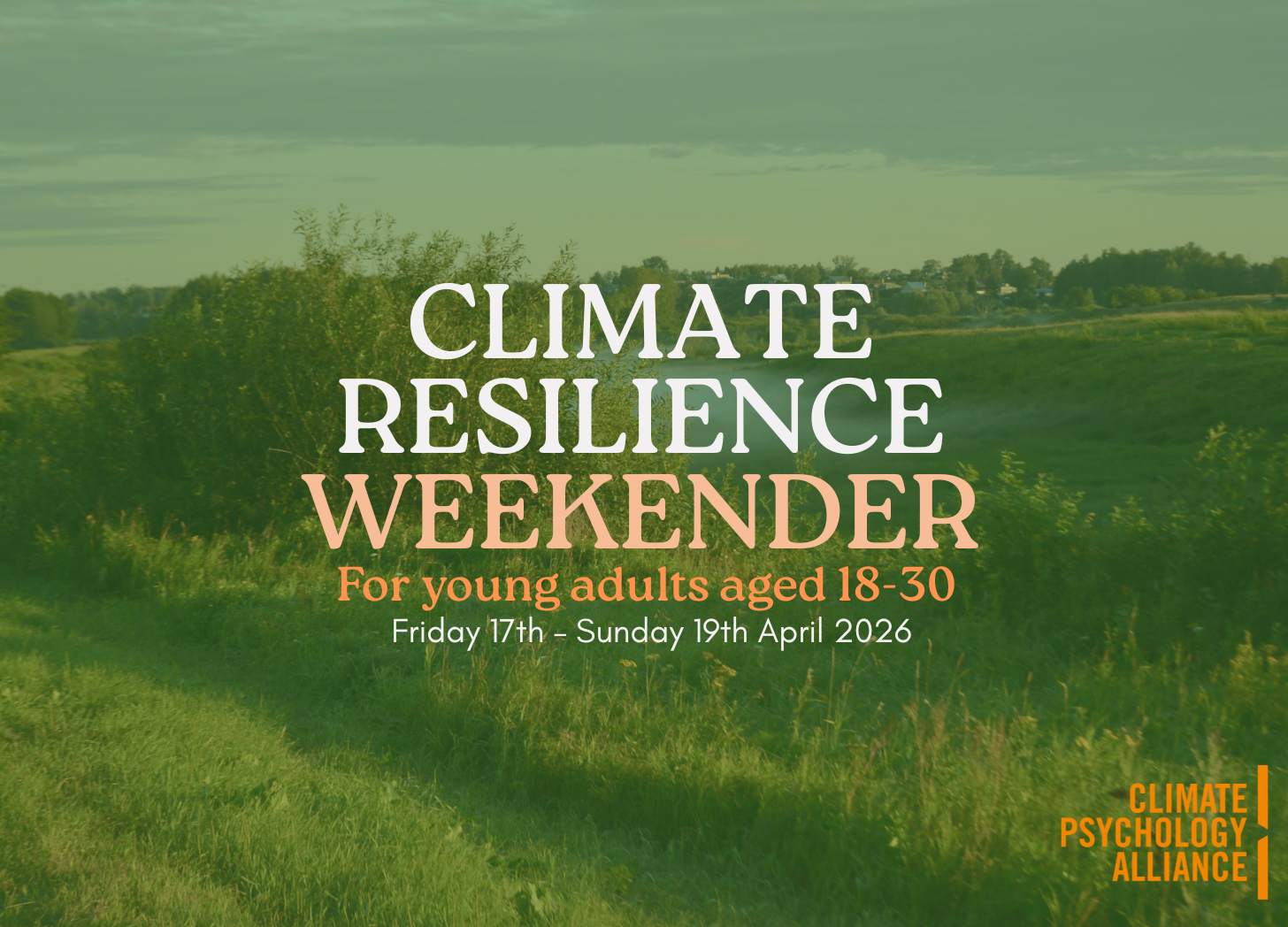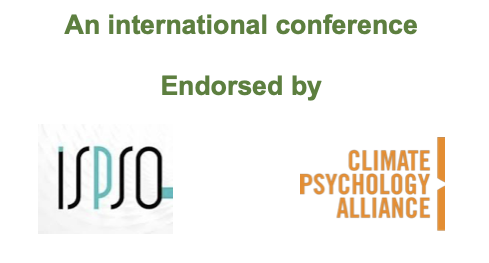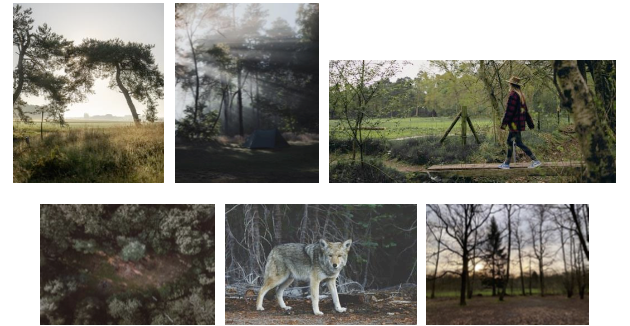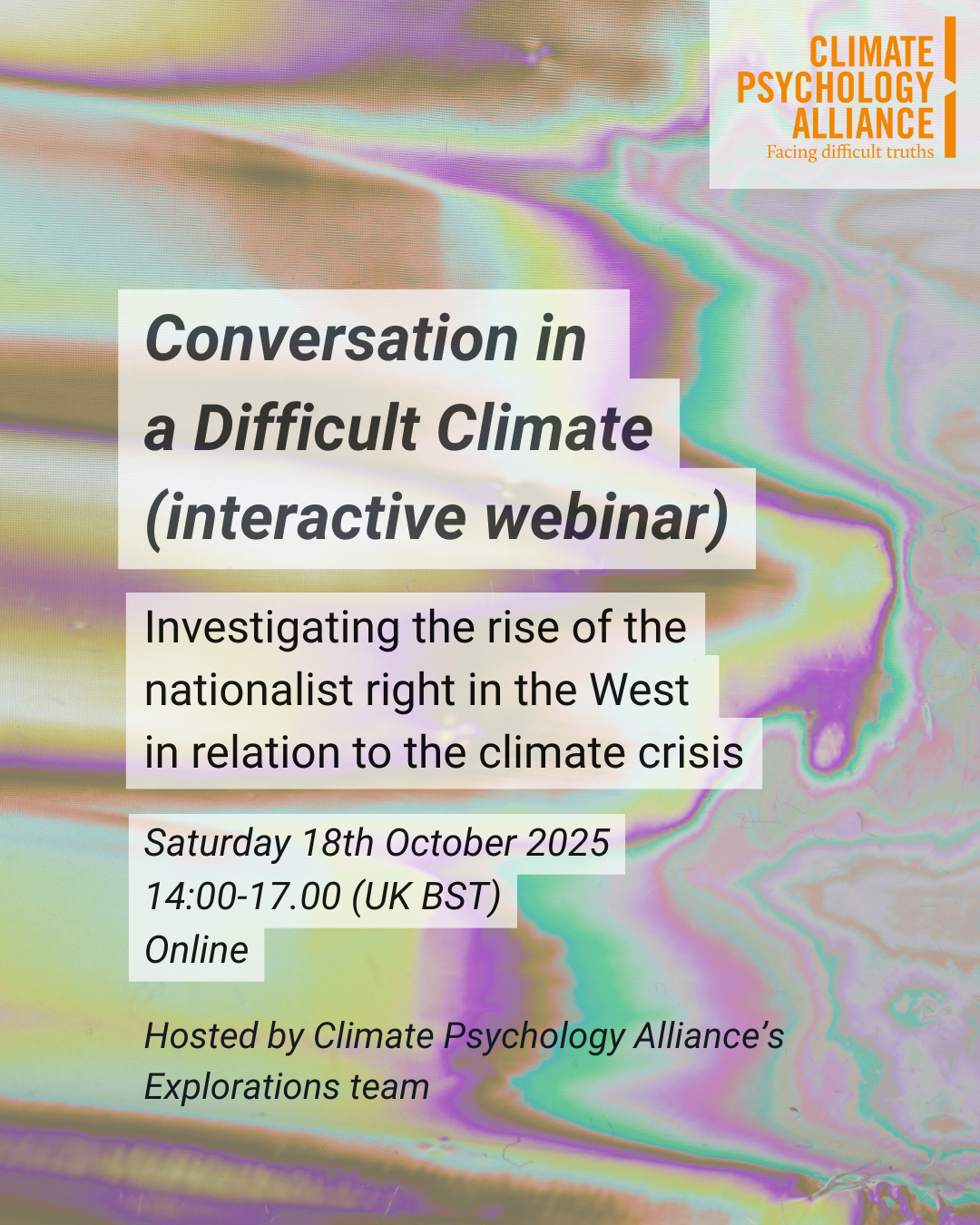An opportunity to rest and recuperate; the Climate Resilience Weekender will help you to reconnect with the more-than-human and other young adults who care about the climate and polycrisis. There will be held spaces to process some of the difficult feelings that come with being climate aware, as well as nature connection work and practices to support resilience. Apply by 31 January 2026!
Who This Retreat Is For
This weekend is open to people aged 18–30, who:
- Feel isolated, overwhelmed, or emotionally affected by the climate and wider meta-crisis
- Or who would simply value connection with others who care, and need space to pause from the pressures of activism or work
What the Weekend Will Involve
Time in nature and with each other. This might include
- Walks and quiet moments outdoors
- Facilitated spaces to share and process feelings about climate breakdown
- Simple, restorative landwork
- Light shared tasks such as food preparation
- Campfires, stargazing, and informal time together
Dates
Friday 17 April – Sunday 19 April 2026
Location
The retreat venue is a farm in Derbyshire, UK. The address will be shared when places are confirmed.
Who Will Be Holding the Space
The retreat will be hosted and facilitated by Sarah Hinds and Pete Visscher, both registered therapists and members of the Climate Psychology Alliance, with many years of experience supporting students and young activists.
They will be joined by Miriam McDonald, who regularly welcomes groups of young people to her farm for nature-connection work. One or two additional Climate Psychology Alliance members will also be present to support the weekend and offer one-to-one support if needed.
All facilitators have experience supporting young people living with climate distress and people affected by different forms of oppression.
Cost and Accessibility
Thanks to funding from the Robert H. N. Ho Family Foundation Global, venue hire and facilitator time are largely subsidised. Participants are asked to contribute toward catering costs only, which cover breakfasts, dinners and lunch on Saturday.
Please note: The fee does not include snacks, Sunday lunch, or travel costs.
Young people from outside the UK are welcome to apply but please note travel costs must be self-funded.
We use a sliding scale so that people can contribute according to their circumstances:
- Concession: £30 - If you are unemployed or full-time students
- Standard: £60 - if you are earning below £30,000 per year
- Higher: £120 - if you are earning over £30,000 per year, or feel financially able to support the retreat at this level
How to Apply
Please complete this form by 31 January 2026.
We will be in touch during February 2026 to let you know whether we can offer you a place.
Testimonials
Here's what some of last year's participants thought about the retreat:
"I'm extremely grateful for the weekend. This held space for grief and healing is exactly what is needed in activism, and I wish for a would where everyone has access to beautiful support like this. Thank you for a wonderful and restorative experience."
"It was so amazing and Sarah, Gareth, Pete and Mim all did a great job to organise the weekend. We had a schedule but it was very loose and there was no rush to do anything so it created a really relaxing and supportive environment that allowed me to have beautiful moments of connection with other young people who also care passionately about the environment. I would love to do it again."
"Thank you so much for facilitating this space. It is very deeply appreciated and has nourished a space for processing the tucked-away pain of traumatic experiences from different points of my climate activism journey, as well as nurtured a sense of social connection to comrades and fellow human beings; from strangers to friends."
If this sounds like something you'd like to be part of, we'd love to hear from you. If you have any questions please contact












